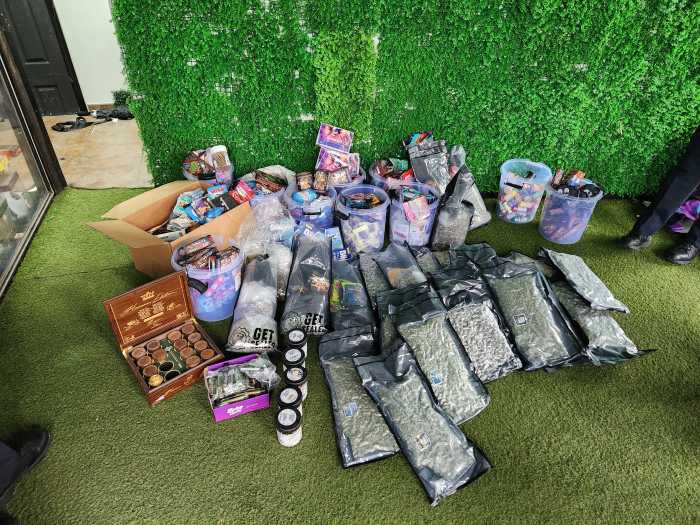Another round of West Nile spraying is set for parts of Queens next week in an effort to reduce mosquito activity and the risk of the virus.
The treatment, which will include spraying pesticide from trucks, will take place on Monday, Aug. 24, between the hours of 8:30 p.m. and 6 a.m. the following morning. In case of bad weather, the application will be delayed until Tuesday, Aug. 25, during the same hours.
Last weekend, the Health Department reported the season’s first human case of West Nile virus in a Brooklyn man. The patient, who was hospitalized with viral meningitis and over the age of 60, has been treated and discharged.
Though no cases have reported in Queens this season, the following northeast neighborhoods are “being treated due to rising West Nile virus activity and because they have high mosquito populations”:
Parts of Auburndale, Bayside, Bay Terrace, Beechhurst, College Point, Flushing, Linden Hill, Malba, Murray Hill and Whitestone (bordered by Cross Island Parkway, Clearview Expressway and the East River to the north; Flushing Bay to the west; Northern Boulevard, 153rd Street, 35th Avenue, Utopia Parkway, 42nd Avenue, Clearview Expressway, 33rd Avenue, 215th Place and 31st Road to the south; and Cross Island Parkway to the east).
For these sprayings, the Health Department will use a very low concentration of the synthetic pesticide Anvil 10+10, which poses no significant risks to human health when properly used.
The Health Department recommends that people take the following precautions to minimize direct exposure:
- Whenever possible, stay indoors during spraying. People with asthma or other respiratory conditions are encouraged to stay inside during spraying since direct exposure could worsen these conditions.
- Air conditioners may remain on; however, if you wish to reduce the possibility of indoor exposure to pesticides, set the air conditioner vent to the closed position, or choose the re-circulate function.
- Remove children’s toys, outdoor equipment and clothes from outdoor areas during spraying. If outdoor equipment and toys are exposed to pesticides, wash them with soap and water before using again.
- Wash skin and clothing exposed to pesticides with soap and water. Always wash your produce thoroughly with water before cooking or eating.



































